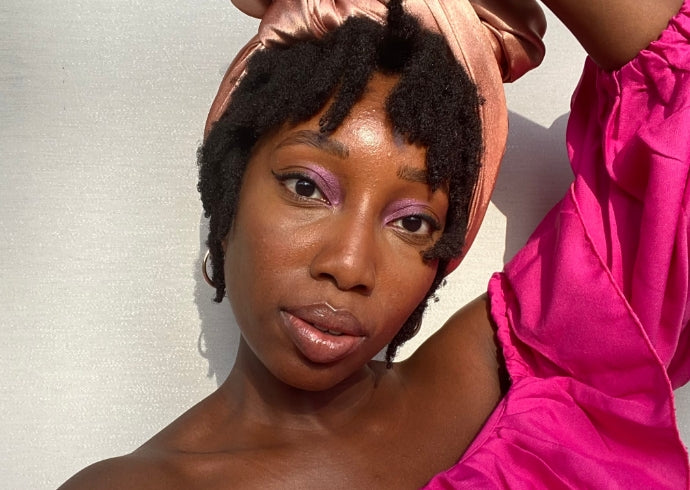On my walks to school as a kid, I’d often see men lovingly embracing one another, or two women sharing a short, passionate kiss. I knew that these things were considered different, but something about them resonated with me.
I went to school in The Village, a neighborhood in New York City where it was common to see queer people existing freely. But once I entered the doors of my extremely "traditional" elementary school, the open-mindedness of the world around me became closed off. My teachers deeply frowned upon queerness, and many of my classmates—who were impressionable young kids—adopted these prejudices in turn. I noticed this whenever they showed disdain toward children from a nearby school who were free to express themselves as they were.
In this environment, I remained tight-lipped about the parts of me that were different. When I was 3 or 4, I realized I was a gender other than what I was assigned. I was confused when others would refer to me as a girl. But alongside this knowledge came my experiences at my school, where I understood that the person I was internally wasn’t welcomed externally.
School should be a safe space, but for me, it was hell. It was so very obvious that I was different. I tried desperately to suppress that part of myself, feigning indifference when anyone would ‘joke’ about my queerness, but I became an easy target for bullying. At one point, I begged my mom to put me into another school. Although I changed schools, the bullying didn’t end.
"We’ve survived decades of challenges because of the safe spaces our community creates within itself for protection."
Back then, I wanted so badly to be around other people like me, and to feel accepted and safe. I had no one to turn to at home, no adults to protect me at school, and no friends who understood the depths of my agony. I kept asking why it seemed the world hated queer people. Inwardly, I fought a deeper battle, constantly questioning why I had to remain here if no one wanted to be around a person like me.
This trauma stayed with me as I started high school, yet another "traditional" institution. My guard was all the way up, and I was fully prepared to masquerade as another person for my own survival. But the teens in this school, while still very much influenced by anti-queer rhetoric, were people with their own opinions. I slowly began to feel a sense of comfort with my new classmates. While many of them viewed me as weird or different, I wasn’t derided, mocked, or bullied. Eventually, I came out for the first time to one of my close friends. Soon one friend became two, then three, then four, then more.
Over the years, some of my close friends and classmates opened up to me and came out in their own time. We created a safe haven for ourselves and looked out for each other, or spoke up whenever one of us was picked on. Long after I graduated from college, those same high school friends stood up for me when I revealed I was trans. They were accepting. Non-judgmental. They held space for me to talk about whatever was going on in my life, giving me an emotional place where my mental health could begin to heal. Without them, I’m not sure I would be alive.
Everyone has their own individual experiences, but the LGBTQIA+ community is full of stories that parallel mine. We’ve survived decades of challenges because of the safe spaces our community creates within itself for protection. We find homes, food, or work for our friends when laws make it impossible to access these things on our own. When our families turn us away because of our queerness, our friends become our chosen family and homes. Through each other, we find time and space to decompress, talk, and be heard—to love and be loved. In these safe spaces, we gather to challenge injustices.
"[Safe space] can be a physical place, but it can also bloom out of the pockets of safety we find in each other and ourselves."
Attitudes about our community are changing. When the Supreme Court recognized gay marriage in 2014, it was yet another milestone in our climb toward recognition since the riots at Stonewall. But only a few years later, those protections began to be stripped away. While the majority of our country supports LGBTQIA+ rights, we’ve also had to contend with continued anti-queer and anti-trans hate and propaganda. To compound this, 40 States have now introduced over 200 pieces of anti-LGBTQIA+ legislation. If passed and enacted, they would erase safe spaces, erase queer people, and illegalize allyship across the country.
These are attacks on our very existence, especially on the trans youth that are overwhelmingly targeted by these bills. They impact us on every level: affecting our mental health, hurting our livelihoods, and reversing our basic protections. Now, more than ever, they call attention to the necessity for safe spaces that are crucial to our survival.
What defines a safe space? As I discovered for myself, it can be a physical place, but it can also bloom out of the pockets of safety we find in each other and ourselves. Throughout the month for Milk, I’ll be sharing the stories of seven people across the country who are actively fighting for our rights. You’ll meet a high school teacher in Texas who was suspended after posting rainbow stickers in her classroom, an indigenous Two-Spirit dancer in Rhode Island breaking barriers through dance, and more advocates working to ensure that our community thrives.
All LGBTQIA+ people deserve to have a place to exist freely, and you’ll see that reflected throughout Milk’s blog this month. Along with guides that show you how to find safety resources in your community, our team will also spotlight how the Milk Fam cultivates places to call their own. You’ll also find educational content for allies on pronouns, as well as information about The Center, Milk Makeup’s long-standing LGBTQIA+ partner in New York City, where 1% of all MilkMakeup.com sales are donated year-round. For the month of June, this donation will be doubled to support their essential programming and resources.
It’s more crucial than ever to uplift and amplify all LGBTQIA+ voices, especially when the rights and safety of our community are being threatened. Join us on Milk Paper to recognize those doing the work to ensure that everyone has access to the safe spaces they deserve.
Our space. Our time. Our terms.
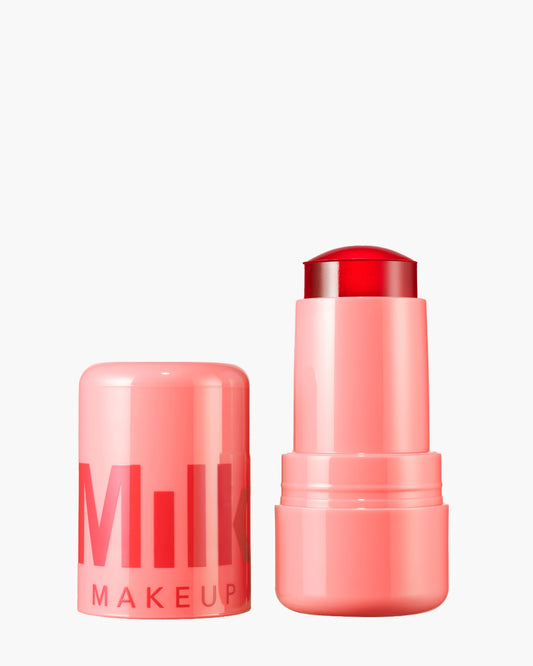
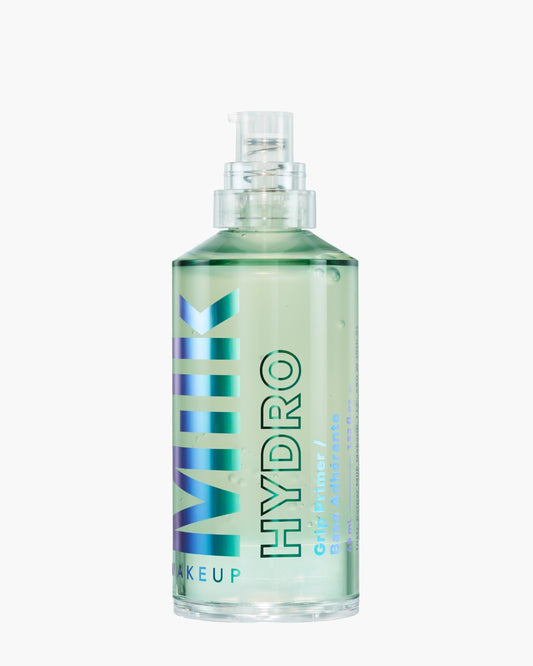
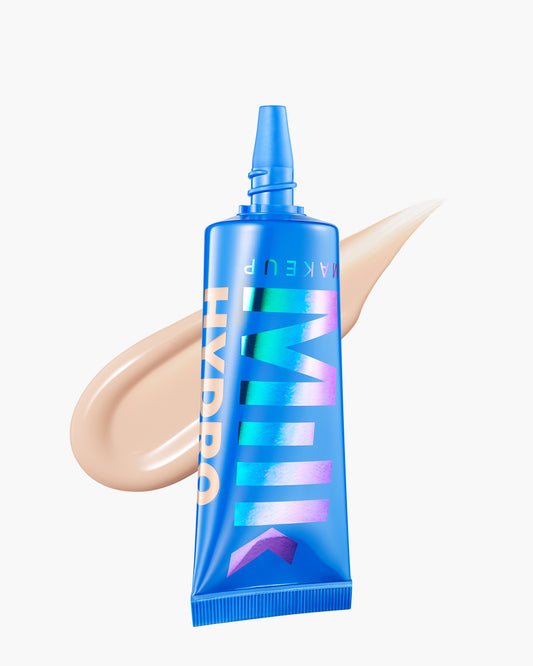
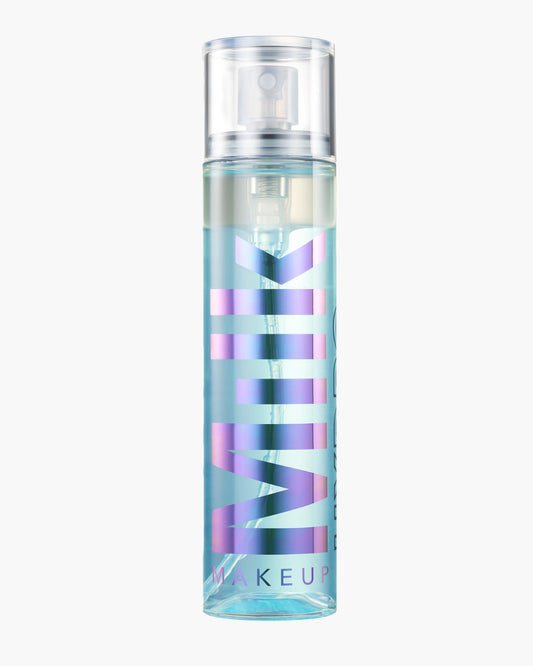
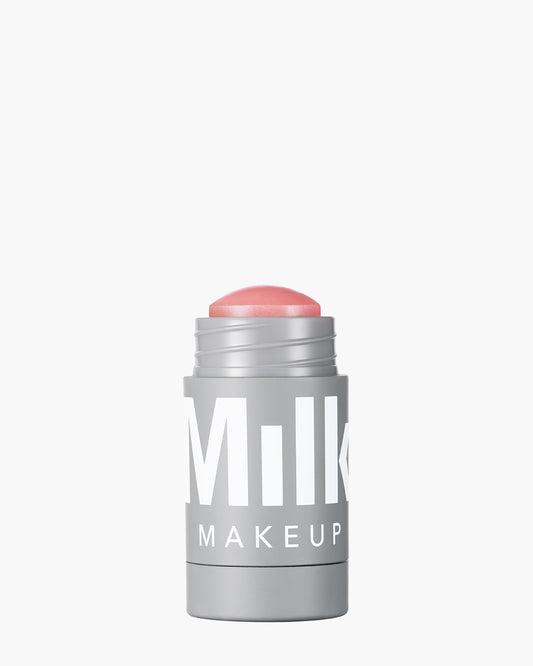
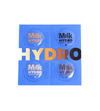
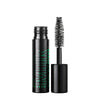
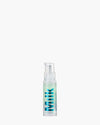


-%E2%80%A2-Instagram-photos-and-videos-v1709919789860.png?150x150) "
"